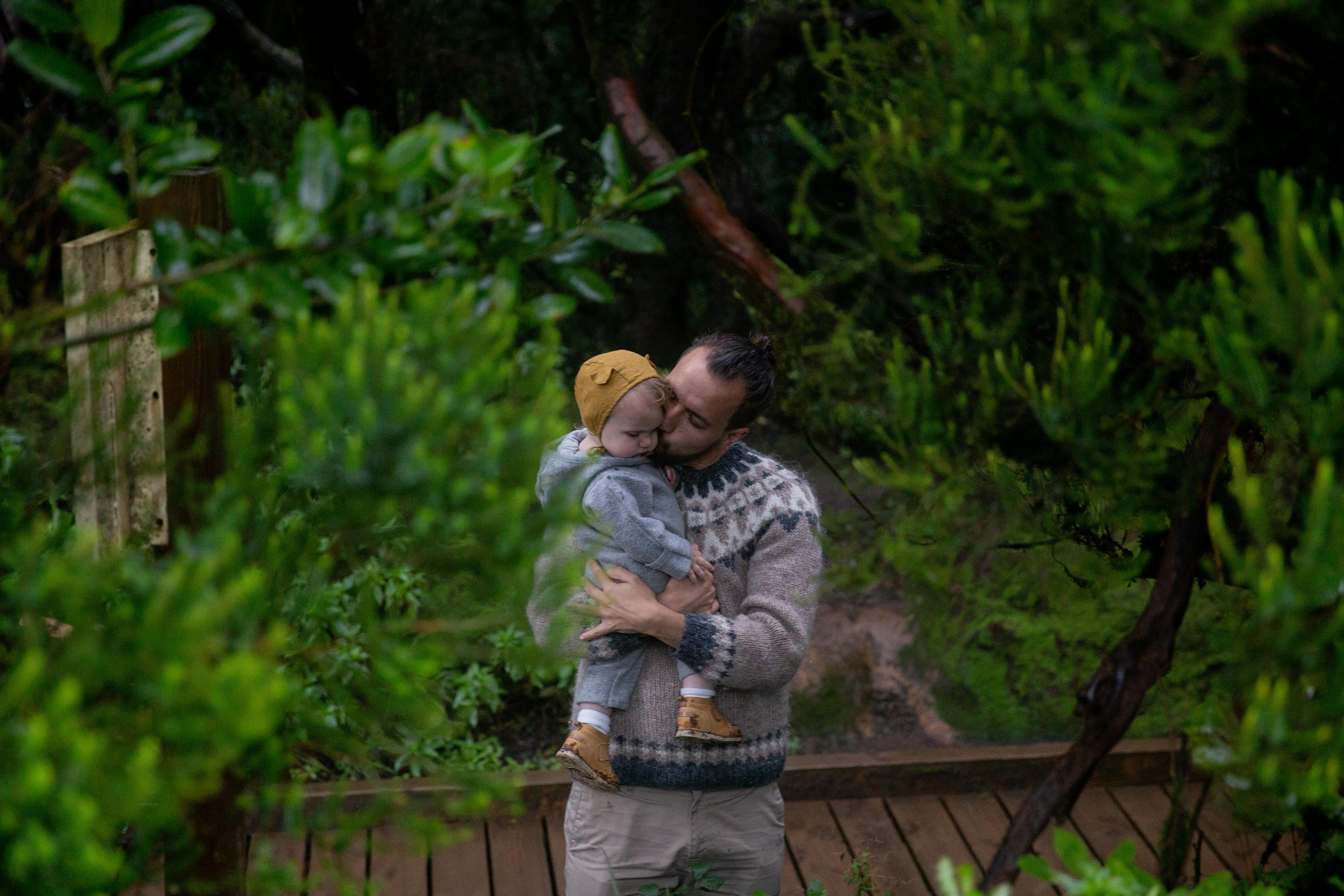
Schools: Indispensible Allies of Mental Health
For most children (ideally all children), education is their primary occupation. We cannot begin to discount the impact our schools play. It goes without saying that educators and school personnel are indispensable allies for the well-being of our children.
Jeannie Goulbourn, who lost her daughter to suicide, founded the Natasha Goulbourn Foundation (NGF). NGF has incorporated the HOPE suicide crisis hotline in our country. He reportedly said; “Suicide is the third leading cause of death among 10-24 year olds. We can point to many reasons why suicide is so prevalent among young people. NAMI or the National Alliance for Mental Health rightly said that:” Schools provide a unique opportunity to identify and treat mental health conditions by serving students where they already are. School personnel play an important role in identifying the early warning signs of an emerging mental health condition and in linking students to effective services and supports. “NAMI is an organization located in Arlington, Virginia that serves as the largest grassroots mental health organization in the United States dedicated to Building Better Lives for the millions of Americans affected by mental illness.
Recently, a news story told of a teenager from Antique Province, Philippines, who allegedly committed suicide due to disappointment. Her mother, apparently, did not allow the teenager to accompany her to the town proper to get the money that her father did. The father, who works as a construction worker in Boracay, sent money through a remittance center. The teenager wanted her mother to buy her a purse. The mother came home to see her daughter hanging dead.
In recent years, efforts to increase awareness about mental health have become more evident in our country. Lawmakers have been pushing for a mental health law to be enacted. Hospitals and NGOs also collaborate closely. Their recent efforts have led them to reach out to schools. On the one hand, the Medical City Child and Adolescent Psychiatry section of its Department of Psychiatry is encouraging people to sound the SOS on suicide and self-harm in our schools by hosting an annual Teen Congress.
Activities like these, expect a greater presence of educators. It is a dream for schools to actively join the forum. As mentioned above, once a child starts going to school; in fact, they spend more active and conscious time at school than at home. Of course, we cannot argue that educating children with proper values begins at home; But the school plays a very important role in the individuality or identity of our children.
Throughout our children’s years of schooling, our children develop their sense of competence. They are assigned homework to do and accomplish in both at school. Their performances are evaluated and estimated in the sense that they are doing it right or wrong; if they are smart or dumb. Naturally, a child will be able to observe and estimate himself. Consequently, the peers’ judgment of their ability or disability also becomes their measure of estimation. Composed of the estimation expressed by adults (teachers, neighbors and family) of how they are doing, our children accumulate to capitalize on that perceived competence. They begin to feel that they are tireless and on par with what is expected, or they begin to feel that they are not. And their feelings of inferiority begin to be their estimation of themselves. It starts to be your perceived value or your self esteem.
As they move into adolescence, they will likely continue to explore and struggle with their worth. The constancy of your prior perception of yourself will strengthen your idea of who you are as individuals or make you question what you previously thought of yourself. That idea is regardless of whether their estimate is good or bad, which makes them a “cool and cool kid” or the “flower on the wall.” Ongoing tasks on academic and social adjustment lend themselves to being part of the estimation. The approval or disapproval of peers and adults does the same.
A strong and well-founded identity, reinforced by a supportive and supportive environment, is a factor strongly linked to mental health. Much of the formative experiences we all go through occur within the confines of our schools. The awareness of our educators about mental health will not only play a crucial role. It makes them indispensable allies.